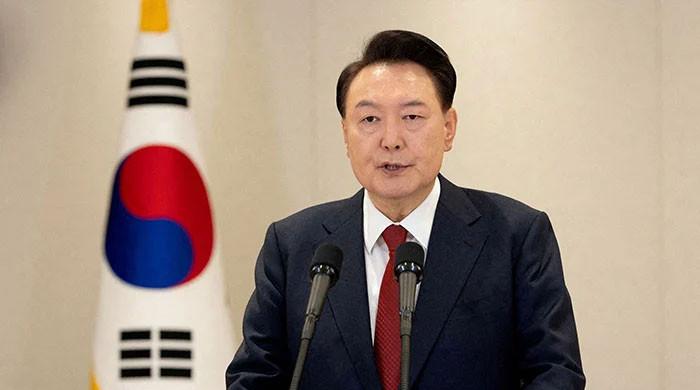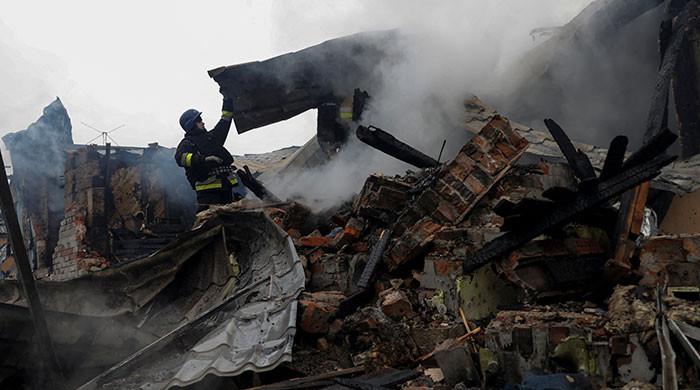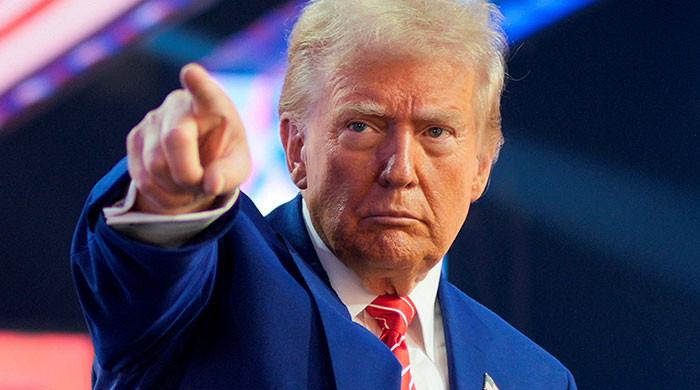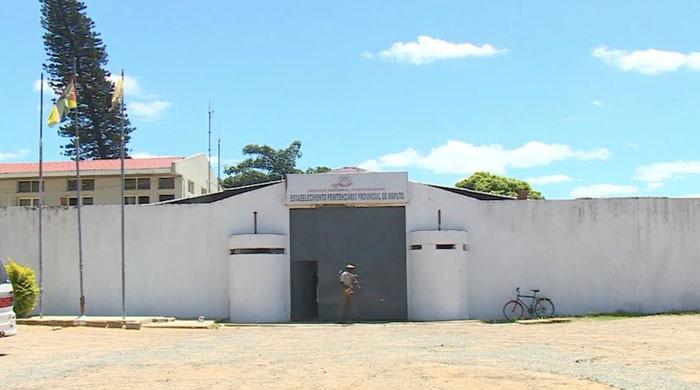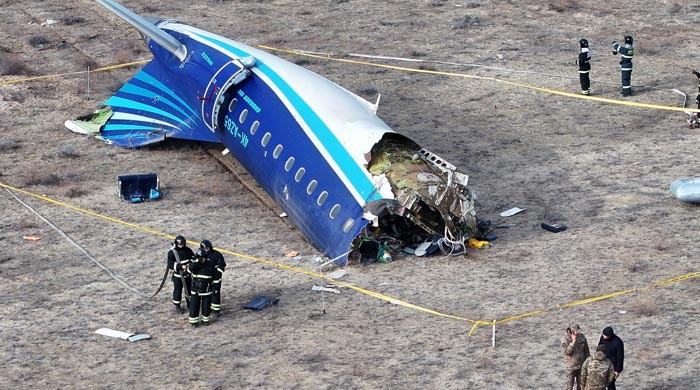Argentina's primary vote concludes amidst inflation woes
The ruling Peronist coalition faced the brunt of public anger as inflation hovers around a staggering 116%
August 14, 2023
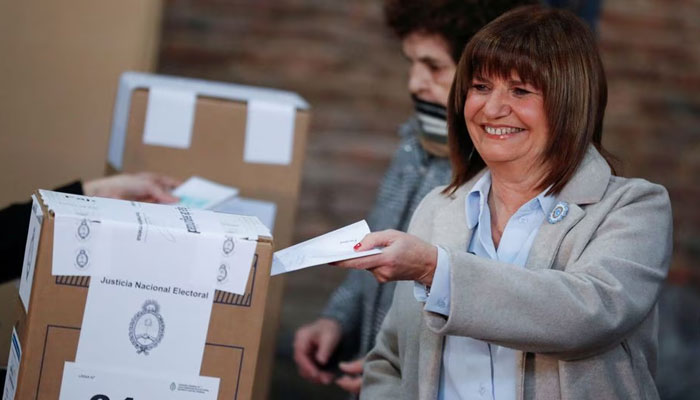
The primary elections in Argentina came to a close as polling stations shut their doors on Sunday evening, reflecting an electorate deeply concerned about soaring triple-digit inflation and an ongoing cost-of-living crisis.
The ruling centre-left Peronist coalition faced the brunt of public anger as inflation hovers around a staggering 116%, leading to heightened dissatisfaction among the populace.
Considered mandatory for most adults, the primary elections serve as a crucial prelude to the general election scheduled for October. The results not only offer a glimpse of public sentiment but also indicate the favoured candidate for the presidency, which is pivotal for policy decisions impacting various sectors of the nation.
Argentina's substantial agricultural sector, renowned as a global leader in exporting soy, corn, and beef, along with the fate of the peso currency and bonds, hinges on the election outcome. Furthermore, ongoing negotiations concerning a $44 billion debt deal with the International Monetary Fund remain sensitive to political shifts.
The economic turmoil has left many disillusioned with the main political players - the Peronist coalition and the conservative opposition Together for Change. This disillusionment has created an opportunity for far-right libertarian candidates, potentially leading to unexpected outcomes.
Amidst the political turmoil, voters expressed frustration and a desire for change. Adriana Alonso, a 42-year-old housewife, remarked, "Inflation is killing us and job uncertainty doesn't let you plan your life."
As official results are anticipated, the internal conservative leadership contest and the performance of dark horse libertarian candidate Javier Milei have captured the public's attention. The unpredictable nature of the elections has raised concerns and curiosity, with some voters considering protest votes or abstaining altogether.
Notably, the Together for Change coalition's leadership race between Buenos Aires Mayor Horacio Larreta and conservative rival Patricia Bullrich has gained significance. Both candidates are advocating for austerity measures and economic liberalization.
Libertarian economist Javier Milei has emerged as a factor to watch, garnering significant support with his bold approach and unconventional policies. His proposal to dollarize the economy and eliminate the central bank has resonated with a portion of the electorate.
As the primary elections reveal a complex landscape, experts predict low voter turnout and increased blank votes, reflecting a sense of discontent. The race remains uncertain, with the political landscape evolving rapidly. The winner, to be decided in October or potentially a November runoff, will face pivotal decisions to address foreign reserves, exports, inflation, and currency controls.
As citizens cast their votes, voices of scepticism and cautious optimism resonated. Maria Fernanda Medina, a 47-year-old teacher, encapsulated the sentiment, acknowledging a long history of economic crises and political disappointments, yet holding onto a sliver of hope for positive change.






